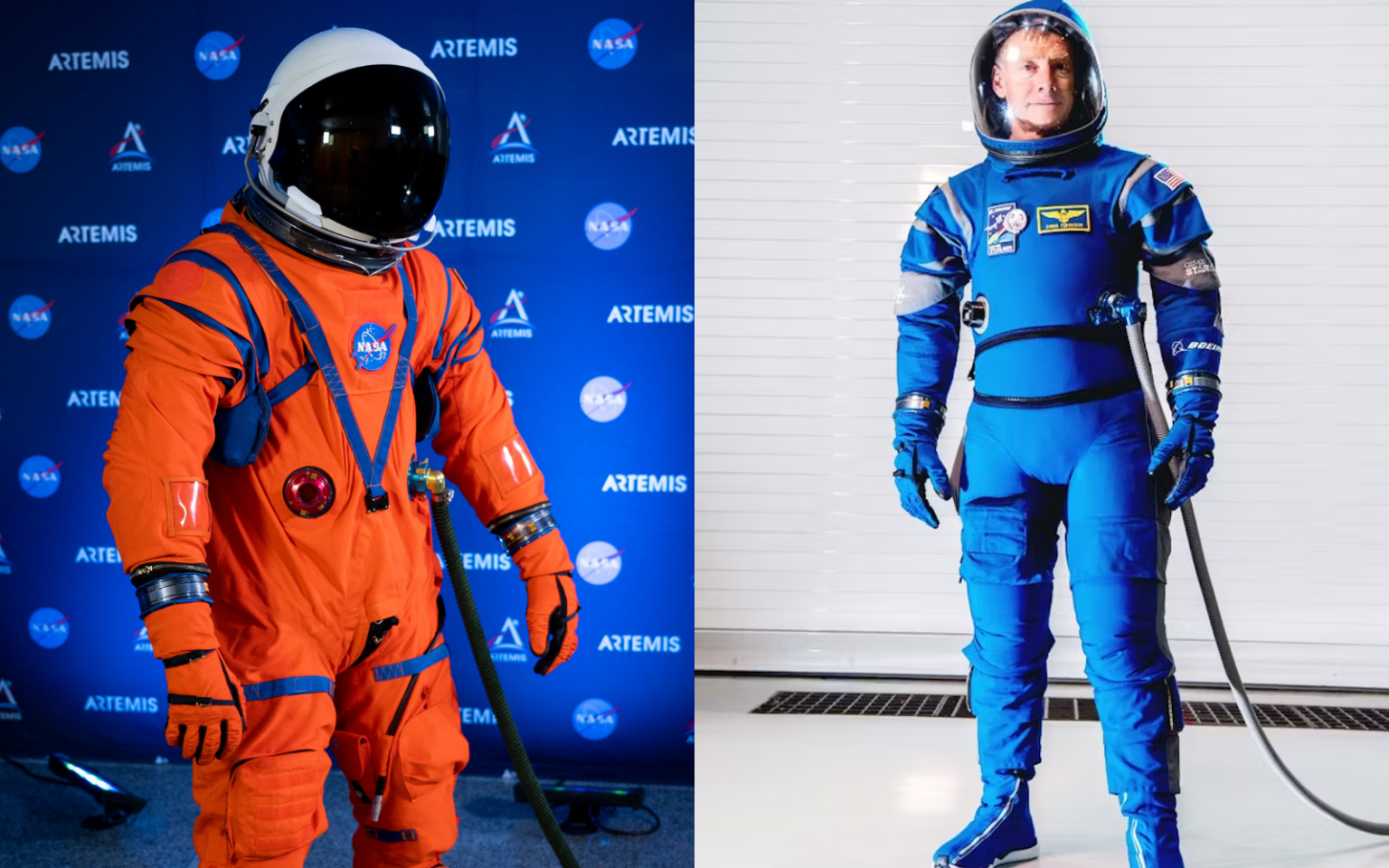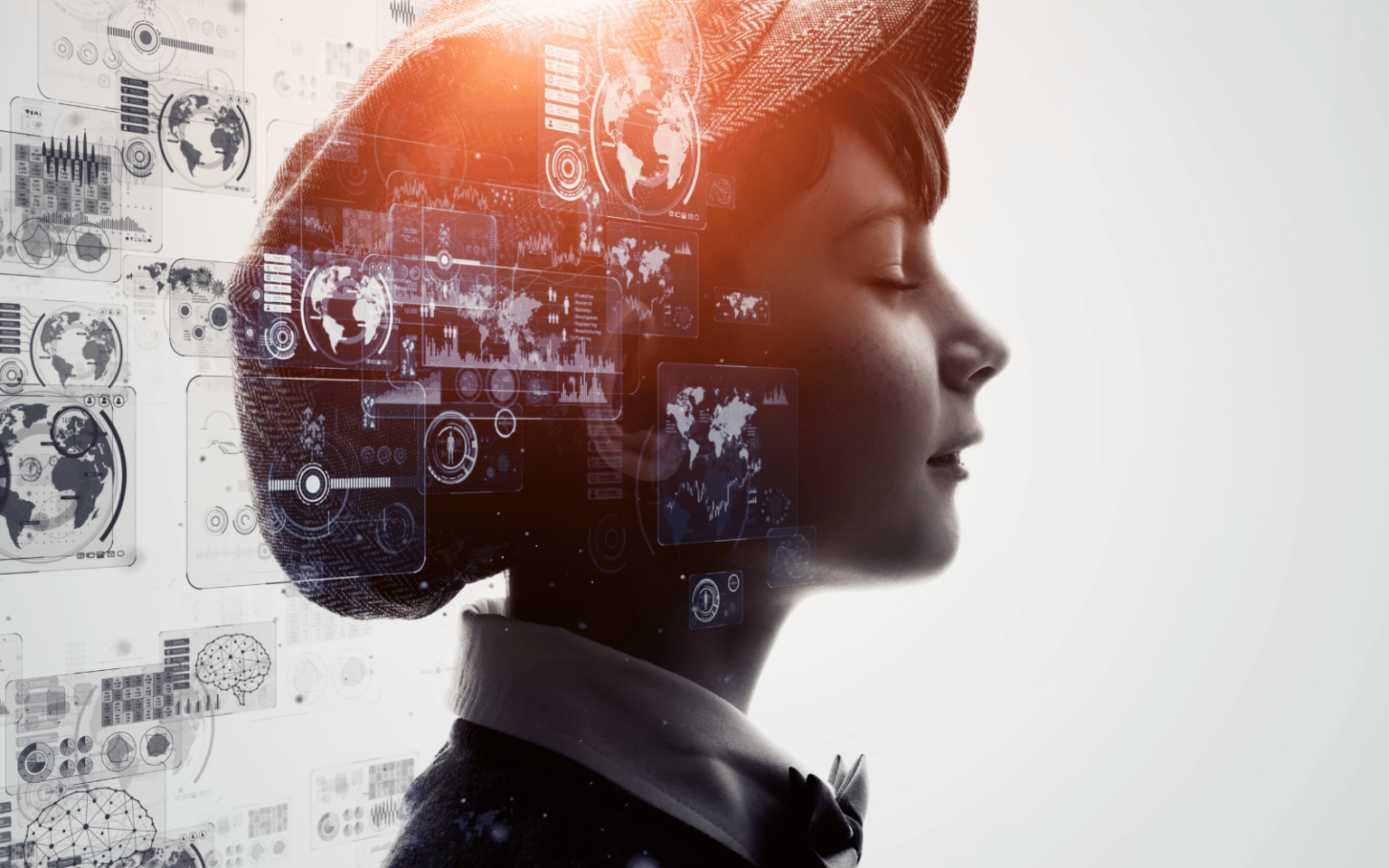Where would we be without knowledge? Everything from the building of spaceships to the development of new therapies has come about through the creation, sharing, and validation of knowledge. It is arguably our most valuable human commodity. From clay tablets to electronic tablets, technology has played an influential role in shaping human knowledge. Today we stand on the brink of the next knowledge revolution. It is one as big as — if not more so — the invention of the printing press, or the dawning of the digital age. Generative artificial intelligence (AI) is a revolutionary new technology able to collect…
Author: The Conversation
On Thursday, 27 March, the European Space Agency (ESA) sent its last messages to the Gaia Spacecraft. They told Gaia to shut down its communication systems and central computer and said goodbye to this amazing space telescope. Gaia has been the most successful ESA space mission ever, so why did they turn Gaia off? What did Gaia achieve? And perhaps most importantly, why was it my favourite space telescope? Running on empty Gaia was retired for a simple reason: after more than 11 years in space, it ran out of the cold gas propellant it needed to keep scanning the sky. The telescope did its last…
In 1948, the founder of information theory, Claude Shannon, proposed modelling language in terms of the probability of the next word in a sentence given the previous words. These types of probabilistic language models were largely derided, most famously by linguist Noam Chomsky: “The notion of ‘probability of a sentence’ is an entirely useless one.” In 2022, 74 years after Shannon’s proposal, ChatGPT appeared, which caught the attention of the public, with some even suggesting it was a gateway to super-human intelligence. Going from Shannon’s proposal to ChatGPT took so long because the amount of data and computing time used was unimaginable even…
In the Netflix series Adolescence, we have no idea why Jamie Miller (Owen Cooper) is arrested at the beginning of the first episode. The tension from seeing a helpless 13-year-old boy escorted to a police station and interrogated holds us to the screen. Every minute of the one-hour episode, shot in a single continuous take, makes us feel like we are in the police station with the Miller family, viewing things through his parents’ disorientation. As the plot unfolds, we are given clues to explain the inexplicable, but we can’t fully appreciate the show’s magnitude until the very last scene, a dramatic…
Social media has recently been flooded with images that looked like they belonged in a Studio Ghibli film. Selfies, family photos and even memes have been re-imagined with the soft pastel palette characteristic of the Japanese animation company founded by Hayao Miyazaki. This followed OpenAI’s latest update to ChatGPT. The update significantly improved ChatGPT’s image generation capabilities, allowing users to create convincing Ghibli-style images in mere seconds. It has been enormously popular – so much so, in fact, that the system crashed due to user demand. Generative artificial intelligence (AI) systems such as ChatGPT are best understood as “style engines”. And what we are seeing…
NASA’s Curiosity Mars rover has detected the largest organic (carbon-containing) molecules ever found on the red planet. The discovery is one of the most significant findings in the search for evidence of past life on Mars. This is because, on Earth at least, relatively complex, long-chain carbon molecules are involved in biology. These molecules could actually be fragments of fatty acids, which are found in, for example, the membranes surrounding biological cells. Scientists think that, if life ever emerged on Mars, it was probably microbial in nature. Because microbes are so small, it’s difficult to be definitive about any potential evidence…
Barnard’s Star is a small, dim star, of the type that astronomers call red dwarfs. Consequently, even though it is one of the closest stars to Earth, such that its light takes only six years to get here, it is too faint to be seen with the naked eye. Now, four small planets have been found orbiting the star. Teams in America and Europe achieved this challenging detection by exploiting precision instruments on the world’s largest telescopes. Diminutive Barnard’s Star is closer in size to Jupiter than to the Sun. Only the three stars that make up the Alpha Centauri system lie closer…
When top White House defense and national security leaders discussed plans for an attack on targets in Yemen over the messaging app Signal, it raised many questions about operational security and recordkeeping and national security laws. It also puts Signal in the spotlight. Why do so many government officials, activists and journalists use Signal for secure messaging? The short answer is that it uses end-to-end encryption, meaning no one in a position to eavesdrop on the communication, including Signal itself, can read messages they intercept. But Signal isn’t the only messaging app that uses end-to-end encryption, and end-to-end encryption isn’t the only consideration in choosing a secure messaging app. In addition, secure…
Suni Williams and Butch Wilmore, the NASA astronauts who were stuck on the International Space Station (ISS) for nine months, have finally returned to Earth. Spacesuits were an important consideration that NASA had to factor into its plans to bring the astronauts back home. Wilmore and Williams had travelled to the ISS in Boeing’s experimental Starliner spacecraft, so they arrived wearing Boeing “Blue” spacesuits. Following helium leaks and thruster (engine) issues with Starliner, NASA decided it was safer not to send them back to Earth on that vehicle. The astronauts had to wait to return on one of the other spacecraft…
Legend has it that William Tell shot an apple from his young son’s head. While there are many interpretations of the tale, from the perspective of the theory of technology, a few are especially salient. First, Tell was an expert marksman. Second, he knew his bow was reliable but understood it was just a tool with no independent agency. Third, Tell chose the target. What does all this have to do with artificial intelligence? Metaphorically, AI (think large language models or LLMs, such as ChatGPT) can be thought of as a bow, the user is the archer, and the apple represents…










